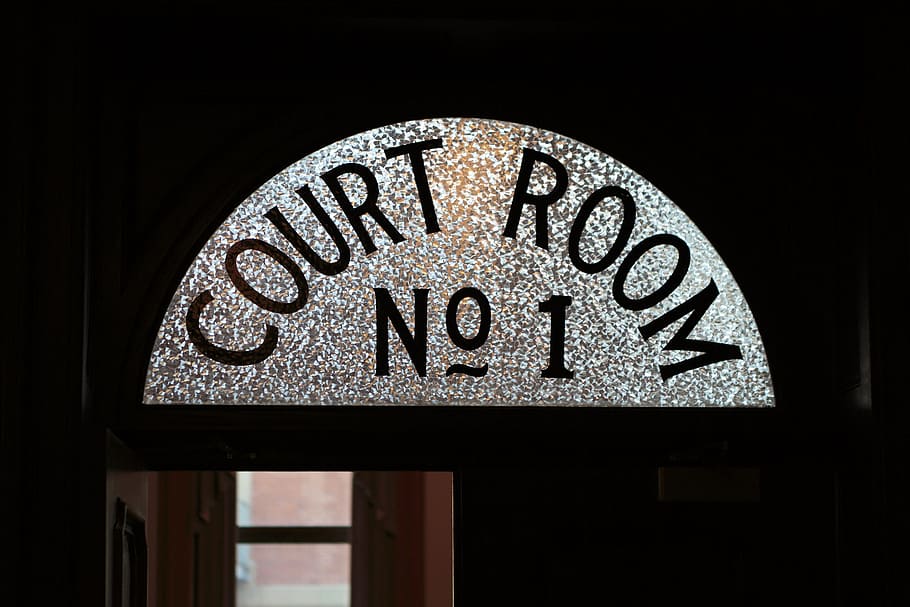Are English Courts still the venue of choice for family offices?

Before the Covid-19 pandemic, the main challenge posed to the dominance of the English legal system appeared to be Brexit. A flurry of English language courts opened in European cities, touting for business that would otherwise come to the English High Court. We know that imitation is the sincerest form of flattery, so is it any surprise that litigants—including ultra-wealthy clients—still choose the English Courts to resolve their disputes?
The appeal of English Courts
A very high proportion of cases in the High Court have foreign litigants (and many cases no UK based parties at all) and English Courts have an unparalleled reputation abroad. This is for a number of reasons, but in particular the impartiality of judges; range of orders available to the court; full disclosure of documents; and the globally enforced judgments are some of the more appealing factors.
Every party will get a fair hearing, whether they are an individual, small and medium-sized enterprise, large company or sovereign state. In some other parts of the world, litigation with a party associated with the state (even indirectly) is a virtually impossible task and leads to inevitable failure.
 English Courts are also so highly regarded in other jurisdictions their judgments are readily enforced across the world. They have led the way in developing a very flexible range of remedies, particularly where fraud is involved. In those circumstances, the court can made orders freezing assets worldwide, require defendants to provide disclosure of assets and punish those who fail to comply with orders, including by up to two years in prison. In more recent times, the court has made orders to secure crypto-currency and to recover the proceeds of fraud from bank accounts where the identity of the fraudsters was not known.
English Courts are also so highly regarded in other jurisdictions their judgments are readily enforced across the world. They have led the way in developing a very flexible range of remedies, particularly where fraud is involved. In those circumstances, the court can made orders freezing assets worldwide, require defendants to provide disclosure of assets and punish those who fail to comply with orders, including by up to two years in prison. In more recent times, the court has made orders to secure crypto-currency and to recover the proceeds of fraud from bank accounts where the identity of the fraudsters was not known.
For family offices managing the world’s ultra-high net worth individuals, the English Courts are likely to remain top of clients’ list in planning their affairs and should they need to seek justice. As such, an understanding of its ways of working will no doubt help those through the complexity.
Open disclosure
The English Courts have a “cards on the table” approach to litigation where each party has to search for and provide all documents in their control that are relevant to the dispute, even if they are unhelpful to that party’s case. This is an anathema to those from some other jurisdictions—particularly from civil law backgrounds—where it is simply not possible to bring a claim if you do not have the documents to support it.

The requirements of disclosure are sometimes difficult for foreign litigants and global HNWIs to understand, but lawyers should guide through the process. As soon as litigation is in “reasonable contemplation”, take steps to ensure that potentially relevant documents are not destroyed, even as part of a normal document management policy. The definition of “document” is also very wide, and includes emails, text and other messages, such as WhatsApp, social media accounts, telephone and bank records. The disclosure process also extends to documents that are held by third party advisers, including family offices and tax advisers, and so readers should give careful consideration to how the disclosure process should be approached.
Family offices should take particular care when trusts are involved, as there are likely to be complex issues as to “ownership” of documents. For example, it might be commonplace for all documents relating to the trust to be made available to the beneficiaries when the trust is running smoothly. However, should the beneficiaries become involved in a dispute where the trust is relevant, there might be an issue as to whether trust documents are within their “control” so as to make them disclosable in the proceedings. If a dispute appears on the horizon, family offices should be very cautious about obtaining documents from third parties, such as trustees, which may prove to be unhelpful and yet disclosable to the other side. There are mechanisms that can be put in place to ensure that helpful documents can be identified and obtained without adverse documents coming into your client’s control, thereby engaging the obligation of disclosure. It is also crucial that the opponent’s disclosure process is properly scrutinised to make sure that documents that may undermine their case are found and disclosed.
 Unjust criticism
Unjust criticism
There has been some criticism about the use of the English Courts by foreign parties in recent times, focussing on the court resources required and supposed “sham” litigation organised purely for the purposes of laundering money. But that criticism is completely unwarranted. In relation to the first point, critics overlook the significant sums of tax revenue generated by litigation in England: it is one of the country’s great exports. In relation to the second point, the legal profession in England is highly regulated and subject to strict anti-money laundering regulations. If instructing lawyers to undertake litigation in England, clients will be asked to prove their identity and explain the source of their funds to pay the costs of the litigation. In the vast majority of cases, that is not an onerous requirement and family offices will no doubt be well used to dealing with them.
Ability to adapt to crisis
In recent weeks and months, the English High Court has again demonstrated its flexibility in response to the Covid-19 lockdown: hearings (even trials lasting many weeks) are being conducted remotely via video-conference and there has been no let-up in dealing with cases. Even in the midst of a crisis, the English Courts remain the place to resolve disputes. The English Courts show no signs of slowing and, as such, it has never been more important for family offices to understand its processes, merits and mechanisms.






